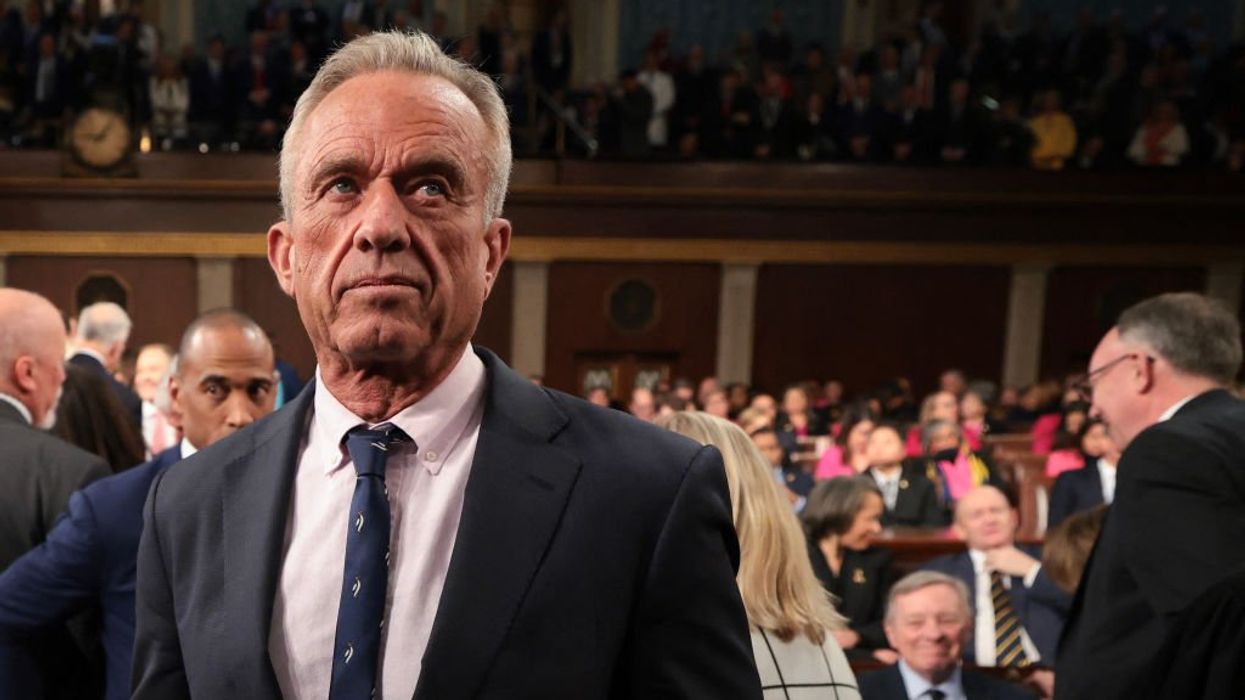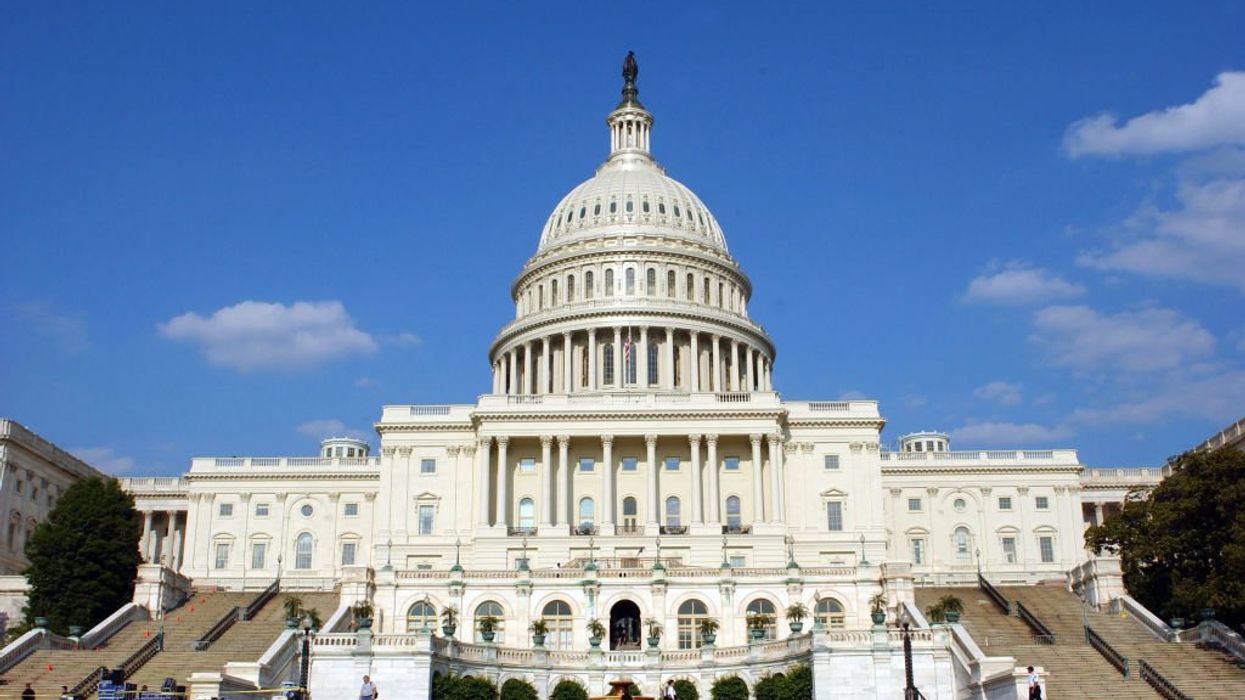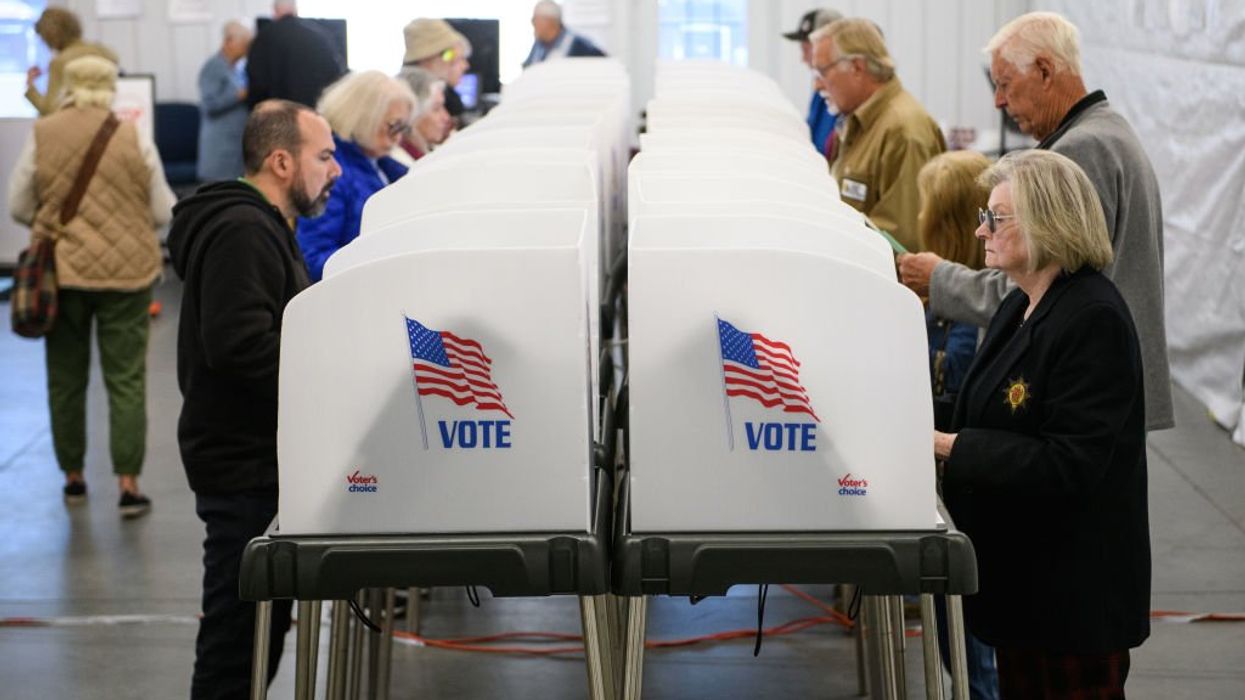On July 19, President Trump signed an executive order aimed at creating more opportunities for job training amid a shifting demand for skills and education in the U.S. labor market. This initiative was supported by more than 15 major companies, including Walmart, Microsoft, and General Motors, who have pledged to expand apprenticeships and provide more skills-based job training. These companies collectively pledged to train or hire 3.8 million people over the next five years.
This executive order should be applauded, but the administration's pro-growth agenda could go a step further. In a strong labor market, policymakers should focus on helping those with criminal records find work.
According to Trump's executive order, 6.7 million jobs are currently unfilled—a historic high. This labor shortage is incentivizing employers to consider previously-overlooked populations to find talent.
Of the many hurdles ex-offenders face during reentry into society, finding work is arguably the toughest. A 2003 Harvard study found that job applicants with a record of a felony conviction are 50 percent less likely to receive a call back. One-third of adults in the U.S. have past convictions, while 90 percent of companies use background checks in their hiring decisions. This discourages applications from potentially qualified candidates who may have prior convictions while also putting many jobs further out of reach. As a result, one year after release, over 60 percent of former inmates remain unemployed.
It's clear that helping ex-offenders would have significant positive economic effects. The Center for Economic Policy Research finds that lost output from people with criminal records accounts for a loss of $78 to $87 billion in GDP annually. According to an analysis by the Washington State Institute for Public Policy, if we could better incorporate ex-offenders into the workplace, $2,600 would be returned to taxpayers.
Furthermore, helping those with criminal history find employment brings many benefits for public safety, specifically by reducing recidivism. A 2016 Arizona State University study showed that the inability to obtain a job is the best indicator of how likely someone is to re-offend or end up re-incarcerated. Additionally, research from the University of Chicago found that decreases in the overall unemployment rate causes a corresponding drop in the crime rates associated with larceny, auto theft, and burglary, reflecting how much less likely felons are to commit future crimes if they're able to find employment after prison.
The Trump administration has consistently stated its support of improving the reentry process and reducing recidivism. So, what steps should it take? The biggest challenge is identifying how to help individuals released from incarceration adapt to a changing labor market after missing opportunities to gain skills, networks, and a sufficient education while incarcerated.
Employers must play crucial role in advancing fresh start initiatives. Open-minded hiring requires that employers focus on applicants' qualifications and skills, not their history. Fortunately, large corporations such as Starbucks, Target, and Koch Industries are setting a precedent for reform by adopting their own "ban-the-box" policies, where they don't ask job-seekers about prior convictions. This encourages more individuals to apply and helps employers find the best talent.
Another way to help ex-offenders find employment is by reducing regulatory barriers, specifically when it comes to occupational licensing, the practice of government requiring individuals to obtain a license or certification to pursue a particular profession. States such as Kansas, Tennessee, and Indiana passed occupational licensing reforms this year that ease government restrictions on ex-offenders finding work. Specifically, these states ended the use of vague, discretionary standards that enabled licensing authorities to consider past crimes and minor legal violations that are unrelated to the profession being pursued by an applicant. Many of these laws also prohibit licensing authorities from using criminal history as a disqualification for licensure if a set period of time has passed since the applicant's conviction. Now, licensing boards in these states must give specific, relevant reasons for denying a license to someone based on a criminal conviction. As a result, their decisions are more transparent and ex-offenders are presented with fewer barriers when trying to obtain an occupational license. The Trump administration should push more states in this direction.
Simply put, corrections policy needs to promote work. Congress should continue working on legislation such as the First Step Act that passed the House this summer. Legislation like this offers inmates coming out of prison a second chance by implementing programs that prepare individuals for jobs. This is done by providing educational assistance, rehabilitation programs, and vocational skills development.
President Trump can improve his recent executive order by calling for hiring and apprenticeship initiatives that focus specifically on ex-offenders and utilizing the administration's close cooperation with business leaders. This will provide more momentum for state-level reforms that reduce licensing restrictions and other government barriers to work.
Work is the main key to reducing recidivism, thereby strengthening communities and bolstering public safety. With today's booming economy, now is the time to promote reentry reform by attacking burdensome occupational licensing regulations, advancing hiring reform, and creating an environment that encourages ex-offenders to find work. While President Trump is notorious for wanting to build walls, this portion of his agenda must aim to break down barriers.

















